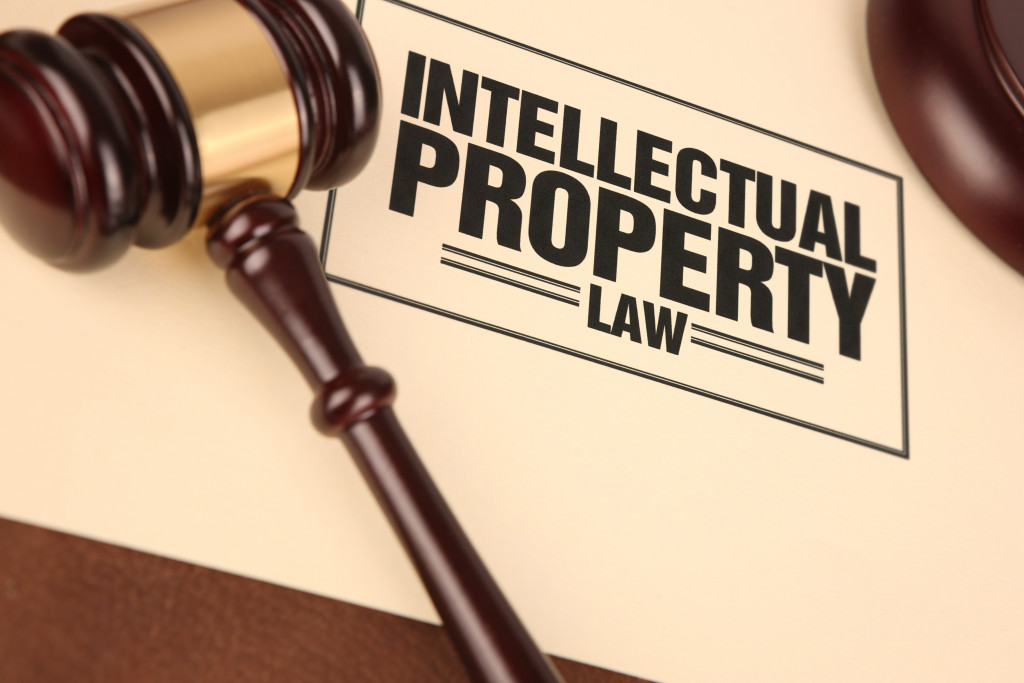In a world where businesses are constantly trying to one-up each other, it’s more important than ever to be original. Being original doesn’t mean being the first to do something – it means doing something in a unique way to your brand. It sets you apart from your competitors and helps you build a loyal customer base.
There are many ways to be original, but it all starts with having a clear understanding of your brand and what makes you different. Once you know that, you can start infusing your brand’s personality into everything you do – from your marketing campaigns to how you interact with customers. And above all, don’t be afraid to take risks – sometimes, the most successful businesses are the ones that are willing to think outside the box.
Once you’ve created something original or invented something that has the potential to save the world, it’s up to you to protect it. This is where copyrights and trademarks come in.
What are Copyrights and Trademarks?
Copyrights and trademarks are two of the most essential tools for protecting your intellectual property.
A copyright is a form of legal protection that gives you the exclusive right to reproduce, distribute, perform, display, or create derivative works from your original work. This means that no one can copy or use your work without your permission.
A trademark is any form of design that identifies and distinguishes the source of the goods or services. In other words, it’s what makes your brand recognizable.

How do Copyrights and Trademarks Help Your Business?
Copyrights and trademarks can help your business in several ways:
- They prevent others from copying or using your work without your permission.
- They can help you build a strong reputation for quality and innovation.
- They can help you attract investors and partners.
- They can help you expand into new markets.
- They can give you a competitive edge.
Both copyrights and trademarks can give your business a major boost, so don’t underestimate their importance.
However, there are limits to copyrights and trademarks. Copyrights can last for over seventy years after the maker has died. You think that might be a long time, but from a business perspective, that’s fairly short. This means that if your business has copyright over your work, it won’t own it solely forever.
Trademarks, on the other hand, can last for as long as the business is using them, provided that it renews the trademark registration every ten years. Missing a renewal can mean you are forfeiting your trademark.
It’s essential to understand the limitations of copyrights and trademarks before you start using them to protect your intellectual property. Otherwise, you could find yourself in a situation where you’re unable to enforce your rights.
If you’re not sure whether copyrights or trademarks are right for your business, talk to IP attorneys who specialize in intellectual property law. They’ll be able to advise you on the best way to protect your work.
How to Protect Your Intellectual Property
Now that you know how copyrights and trademarks can help your business, it’s time to start using them to protect your intellectual property. Here are a few tips:
- Register your work with the appropriate government office.
- Use the appropriate copyright or trademark symbol on your work.
- Include a copyright or trademark notice in your work.
- Keep track of changes made to your work.
- Enforce your rights if someone violates your copyright or trademark.
If you follow these tips, you’ll be well on your way to protecting your intellectual property with copyrights and trademarks.
Finding People Using Your IP
So what happens if you find people who use your IP? Well, you can send them a cease and desist letter. This is a formal demand that they stop using your work without your permission.
If they don’t comply, you can take them to court. This is usually a last resort, as it can be expensive and time-consuming. But if you win, you could be awarded damages or an injunction, which is a court order that requires the infringer to stop using your work. However, you do have to make a good case to win the case. You must provide proof, and if the competitor doesn’t blatantly show they are using your IP, then you have a chance of losing the case.
Conclusion
Now that you know more about copyrights and trademarks, it’s time to put them to work for your business. If you have any original work, make sure to copyright it. And if you want to build a strong reputation for your brand, consider registering a trademark. These two tools can help you protect your intellectual property and give your business a competitive edge. But remember, there are limits to what copyrights and trademarks can do, so don’t rely on them solely to protect your work.


